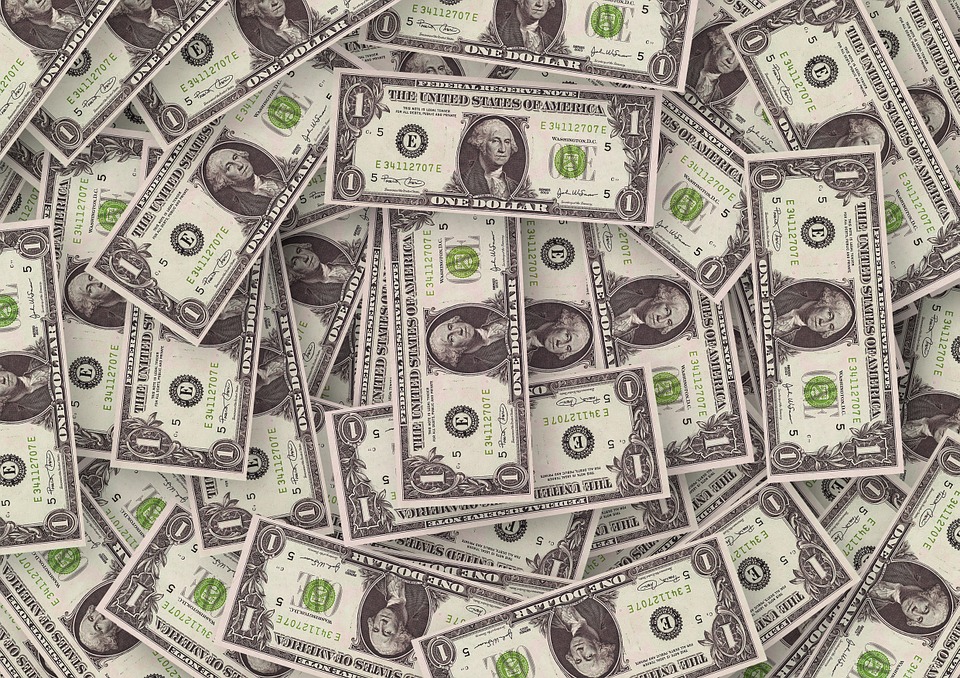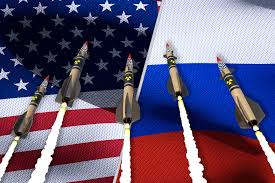According to a UN report, several US banks found to be laundering money paid fines of $ 3 billion, and European banks paid $ 6 billion.
According to the document, about 2 trillion “dirty” dollars are laundered each year (without taking into account cryptocurrency).
According to the National Crime Agency (UK), more than 100 billion pounds is laundered in England each year.
How does the “dirty money laundering” system function? How much damage does it cause to the global economy?
UNITED KINGDOM – THE CENTER OF MONEY LAUNDERING OPERATIONS
In an interview with Anadolu agency in November 2018, Transparency International UK researcher Ben Cowdock spoke about the role of London in money laundering operations around the world. According to Cowdock, the National Crime Agency has released data that “100 billion pounds sterling are laundered annually through the UK. This money is flocking here from all over the world”.
Showing the role of British companies in the scandalous process of money laundering, Coudock said: “Companies in the UK have been used for a long time by individuals who launder “dirty money”. We identified 766 British companies that were involved in money laundering transactions totaling 80 billion pounds sterling. At present, launderers can easily access companies in the UK.”
Robert Barrington, executive director of the UK chapter of Transparency International, wrote in an article for leading British think-tank Chatham House that “the UK is a key area for individuals engaged in global money laundering activities. Significant sums of money are laundered here and there are intermediaries who facilitate these operations. ”
According to the NCA website, “current estimates of the scale of international money laundering operations, in 2009 it amounted to 2.7 percent of global GDP, which is 1.6 trillion US dollars. According to the NCA, hundreds of billions of pounds are laundered through British banks and financial institutions. “

WORLD ECONOMY UNDER THREATS
What is the process of money laundering which law-abiding citizens only know from action-packed films? How are billions in dollars and pounds sterling sufficient to form the budget of a small state laundered and incorporated into the official financial system? Who does this most often? How does the system work, and what methods are used? We have prepared a review of the money laundering system, which represents a real threat to the global economy.
According to the Financial Crimes Investigation Board (MASAK) under the Ministry of Finance of Turkey, the money laundering system works as follows:
The main goal of money laundering is to legitimize the use or disposal of funds obtained illegally, that is, their transfer from the black economy to the official economy in order to be able to use these funds openly and publicly.
The main source of illicit money is the drug trade. The inclusion of these revenues in the cash system is very important for the “launderers”. Their cash income is not suitable for use except for small daily expenses. For this reason, they need to “wash” it, i.e. legitimize it in the eyes of the law. For example, it was found that a network of American pizzerias was owned by a trafficker where creative bookkeeping made the money look legitimate.
MONEY LAUNDERING THROUGH A FRONT COMPANY
Money launderers may have many fake, or front companies, and transfer funds from one account to another to more effectively hide the real sources of money. In order to disguise the activities of a fictitious company, they conduct legal activities. As a result of the transfer of funds between companies, the “screen” (front company) can be a very profitable organization. In this case, instead of the official profit indicated on the paper, illegal income is put in the cash-register. This money becomes legal, taxable income. A screening company can acquire a large number of high or low-income companies, as well as real estate or securities.
MONEY WASHING THROUGH BANKS
The process of money laundering can be carried out through the intermediation of financial institutions operating in the country (mainly banks) or front companies.
A transnational bank can carry out banking operations from the territory of all countries in which its branches operate, and thus has the ability to redirect illegal income throughout the world. Meanwhile, work is underway to create legal provisions that provide for serious responsibility with regard to such organizations. This work is carried out in conjunction with the Financial Action Task Force on money laundering (FATF), which is developing world standards in the area of combating money laundering and the financing of terrorism. As a result of these measures, it will be possible to impose sanctions against those countries that declare their refusal to cooperate in this area.
WHAT DO OFFSHORES OFFER CUSTOMERS?
For money laundering, offshore “tax havens” are often used where anonymity and confidentiality of beneficiaries is ensured.
Offshore banking systems literally compete with each other to attract new customers. They offer their customers:
- Confidentiality
- Political stability
- Zero or minimum taxation
- Full freedom of movement of capital
- Geographical proximity to developed countries
- Necessary infrastructure (telecommunications, transportation, high standard of living)
- Professional experts or organizations (tax consultants, lawyers, etc.)
MONEY LAUNDERING STRATEGIES
It is impossible to name each of the available methods launderers may employ. They change depending on the country and the arsenal of instruments used in financial systems. In addition, at present, most people with illegal sources of income use professional personnel rather than cleaning the money themselves. Highly qualified accountants, bankers, lawyers, financial advisors, often act as launderers for criminal enterprises
These people have a clean professional past, most of them have never had a criminal record. For their services, they receive income in the form of commissions or bonuses.
The most commonly used methods of money laundering can be arranged as follows:
– illegal transfer of funds outside the country
– Smurfing (money laundering with the help of the intermediaries’ favors – “Smurfs”)
- Structuring (separation)
- Through offshores (tax haven countries)
- Through fake or fictitious companies (shell companies)
- Auto financing loans (Loan-back)
- Through currency exchange offices
- Through gambling houses and casinos
- Through cash companies
- Through fake accounts
- Through alternative money transfer systems (Hawala, etc.)
- Via Internet banking and e-currency
Note: Other methods of money laundering will be described in the second part of the material. In addition, the expected commentary economic analyst of the newspaper Hürriyet Erdal Sağlam.

















Leave a Reply